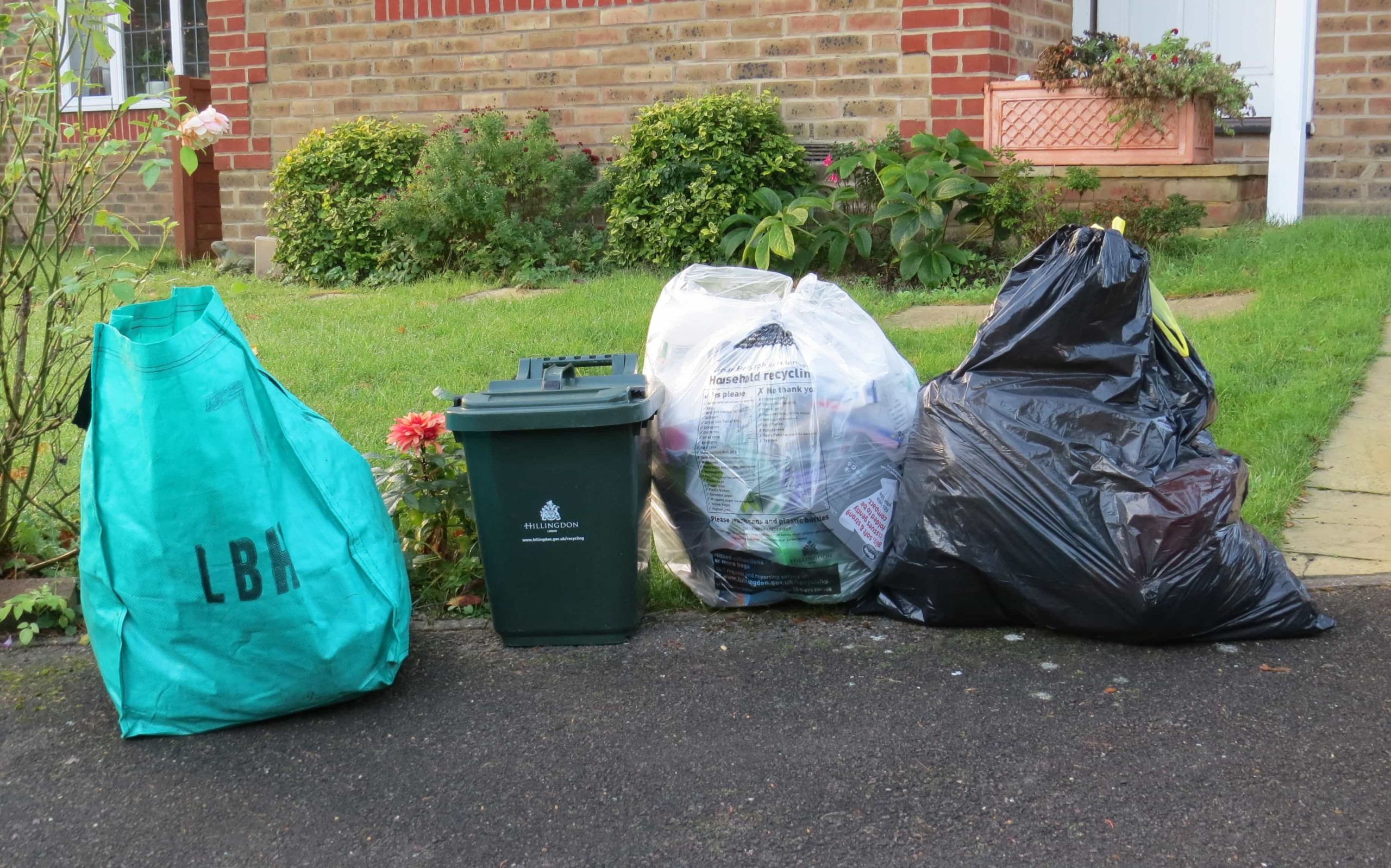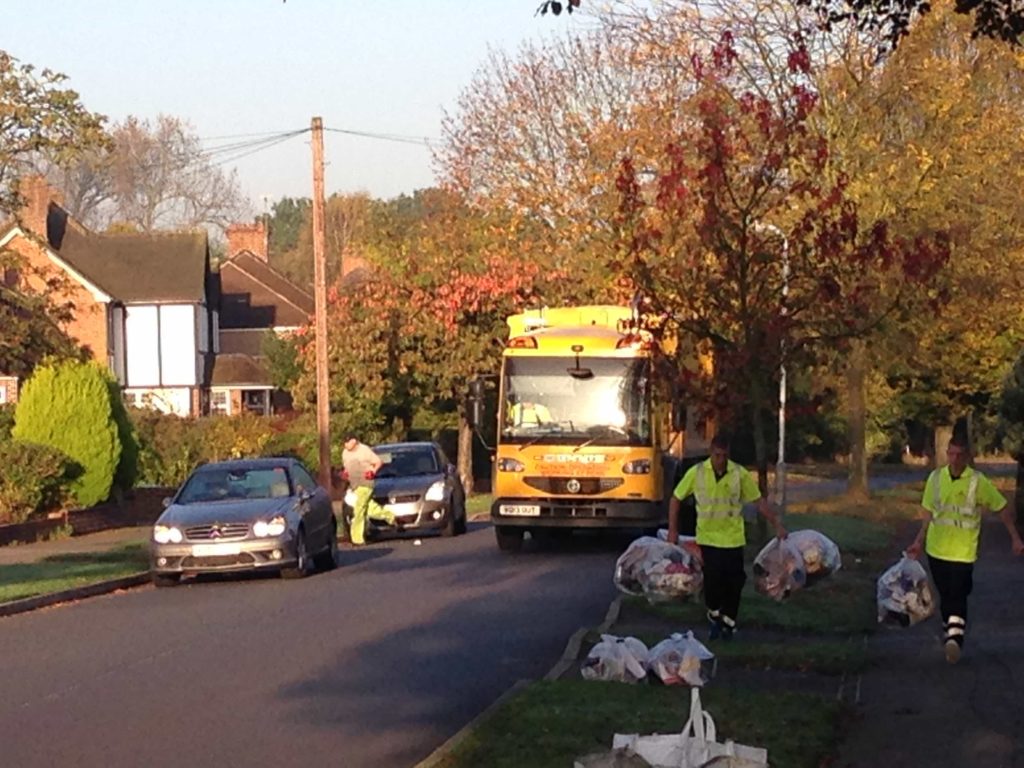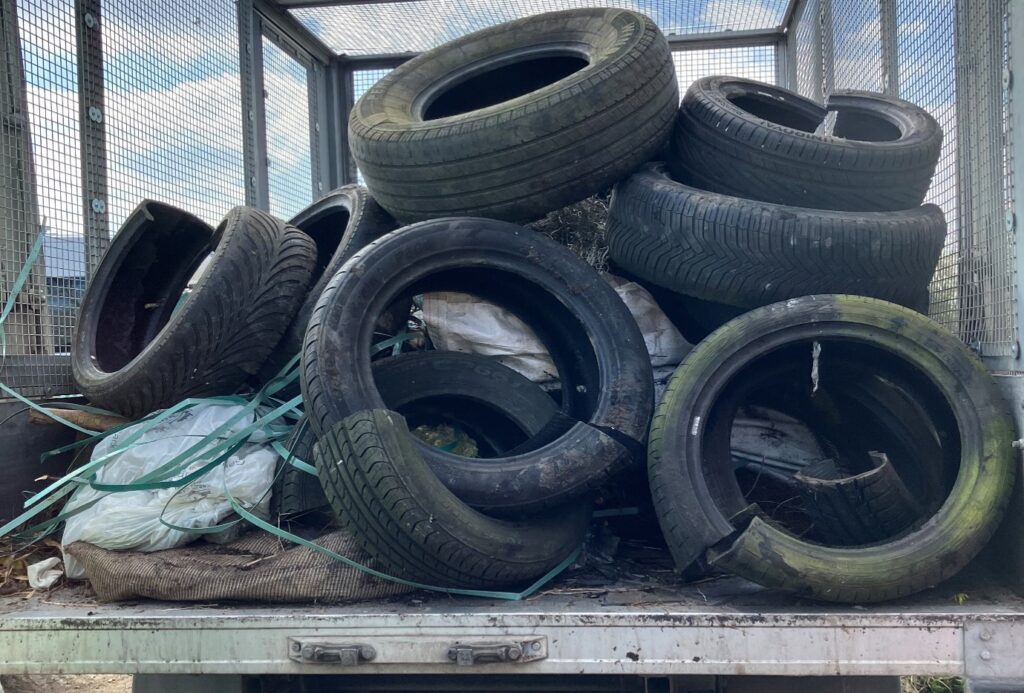
Between April and June 2014, recycling in Hillingdon rose to 50.7% – up from 45.5% in the same financial period the previous year.
In addition, the amount of organic waste sent for composting increased from 7,300 tonnes in 2013 to 10,440 tonnes in the same quarter this year.
The council states that the switch from fortnightly to weekly garden waste collections in July 2013, as well as the introduction of opt-in weekly food recycling collections in October 2013 are behind the increase.
This means that every week the authority will collect from households: residual waste in black sacks; recyclables in clear sacks; garden waste in bags; and food waste from small bins.
DCLG
The ‘two-step’ change to services came after Hillingdon received a £1.3 million injection from the Department for Communities and Local Government’s controversial £250 million weekly support fund, which incentivised councils to either retain or switch to weekly refuse collections (see letsrecycle.com story).
[testimonial id = “69” align=”right”]
Speaking to letsrecycle.com, Robert Williams, waste development manager for Hillingdon council, said that the fund had had a ‘positive effect’ on recycling in the borough.
He said: “We have always tried to make recycling convenient for residents; if it’s simple people will do it. We have stuck with weekly refuse collections while others have gone to fortnightly.”
The waste development manager also conceded Hillingdon could capture a ‘couple more thousand’ tonnes of recyclable material a year if it switched to a fortnightly collection refuse service.
He explained: “We could probably capture another couple of thousand tonnes of recycling if we changed to fortnightly, as it would focus people’s brains on recycling that bit more. But at present only Richmond-upon-Thames performs better on recycling and they have also stuck to weekly refuse collections.”
Plastics

Meanwhile, Mr Williams went on to explain that the council had enhanced the range of plastics that could be placed with the mixed recycling at the kerbside, having left its previous recycling contract with Grundon and moved back to Viridor.
The move – which cost over £600,000 to implement – has allowed Viridor to process a wider range of plastics, including pots, tubs and trays.
Mr Williams also added that the council is now debating whether to bid for money from the latest round of DCLG funding. This is a new £5 million fund to allow councils that continue to offer weekly collections to introduce incentive schemes (see letsrecycle.com story).
He added that the local authority could potentially sign up to London Green Points, an incentive scheme through which residents are rewarded for their recycling efforts with discounts at local retailers.
However, there are concerns that introducing such a scheme would conflict with the council’s ‘simple recycling’ message for residents. A deadline for bids to the fund has been set for November 7 2014.
London
Recycling rates continue to vary widely across the 32 boroughs in London. In 2012/13, Bexley achieved the highest overall rate with 54.30% of waste recycled, composted or reused.
In comparison, the London borough of Lewisham achieved a combined recycling rate of 20.03% – the third lowest result recorded in England.









Subscribe for free